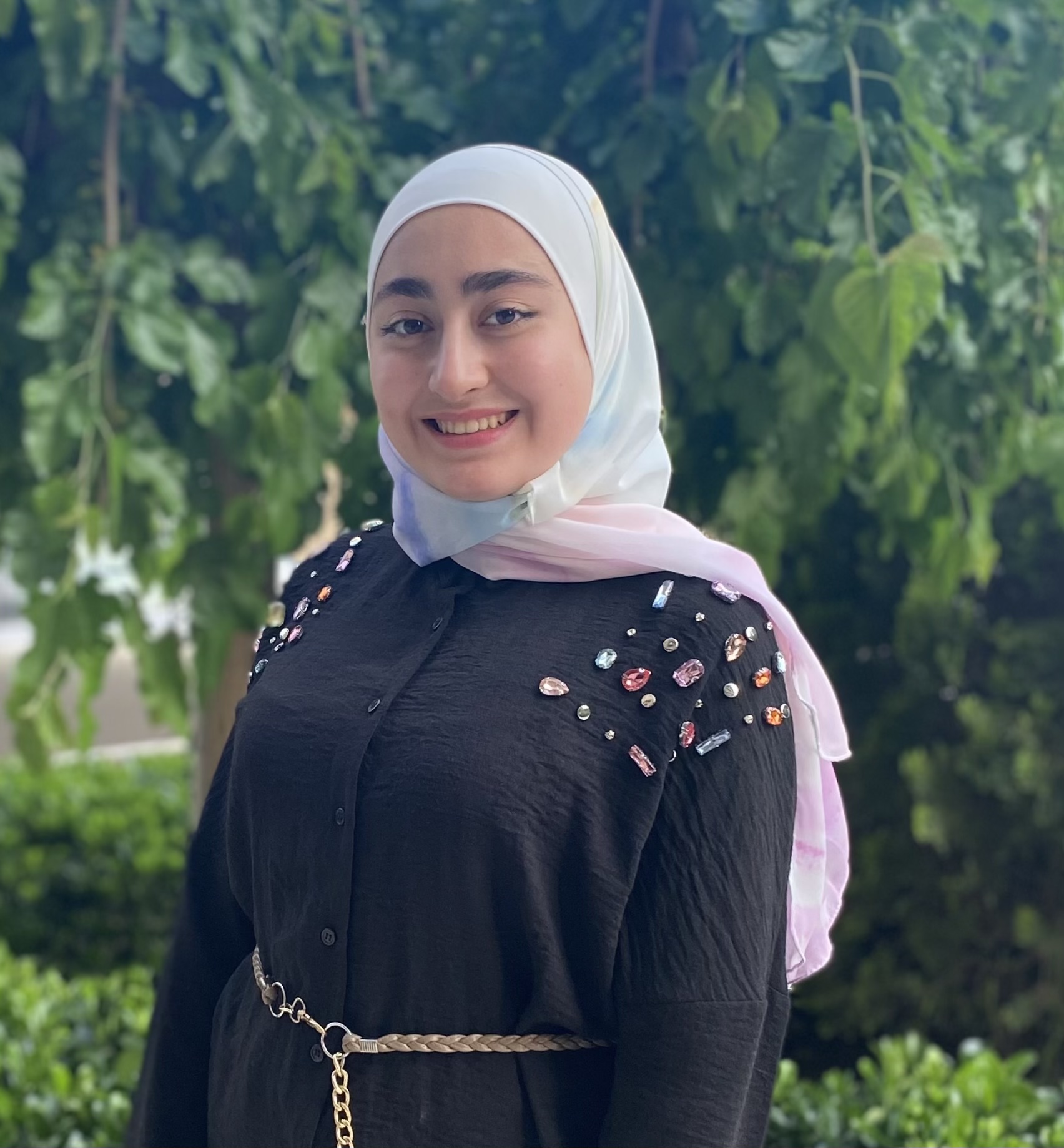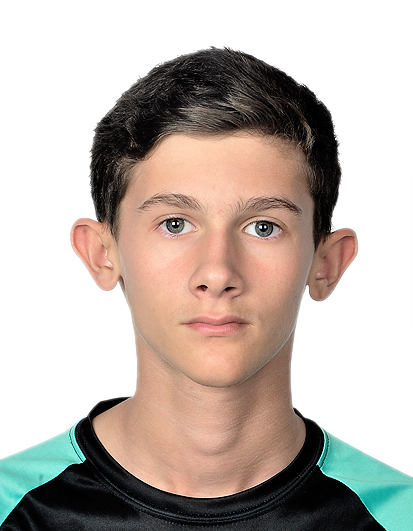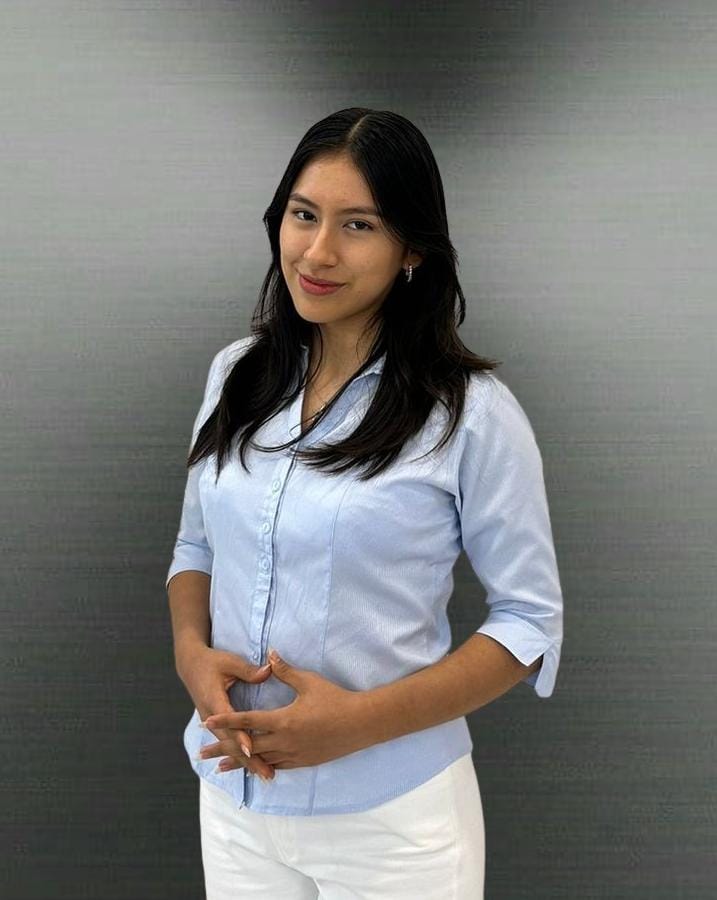How Aya Shammut's Personal Loss Sparked Her Multiple Sclerosis Research
When Aya Shammout watched her aunt battle multiple sclerosis, she couldn't understand why medical science had no cure for this devastating disease. That confusion transformed into determination, leading this 19-year-old Syrian student to develop a novel therapeutic approach that could revolutionize how we treat autoimmune diseases.
"I was curious, why did she go away? What does this disease do?" Aya recalls losing her aunt to multiple sclerosis complications. This deeply personal loss became the motivation for an extraordinary research journey that led to her first published research paper.
As a student at Al-Awaael High School in Damascus, Aya faced the unique challenges of pursuing advanced scientific research in a region with limited access to international academic resources. Yet these obstacles only strengthened her resolve. During her gap year, she discovered Indigo Research's IRIS program and applied to the IRIS NextGen Scholarship.
Working with Dr. Shay through the IRIS genetics course, Aya tackled an ambitious project: "Emerging Precision Therapy for Multiple Sclerosis Using Chimeric Autoantigen T Cell Receptors." The complexity of this title belies the elegant simplicity of her approach; she adapts a cutting-edge treatment from one autoimmune disease to potentially cure another.
"I watched a video about treating antiphospholipid syndrome with this novel approach," Aya explains. "I thought, why not apply this to multiple sclerosis?”
Perhaps most remarkable about Aya's achievement is what she didn't know when she started. "I didn't know that multiple sclerosis is such a complicated disease," she admits. With no deep background in immunology or autoimmune diseases before joining IRIS, Aya exemplifies how passion and proper mentorship can overcome knowledge gaps.
The IRIS program's structure proved crucial. Those first two biotechnology lectures? "The most exciting," according to Aya. The data analysis tools session opened doors to methodologies she'd never encountered. But it was the systematic approach to research that transformed her curiosity into publishable science.
Her research journey wasn't always linear. Midway through, Aya discovered contradictory information in the literature, and sometimes it can be confusing for a young scholar. However, with Dr. Shay's guidance, she learned to navigate these complexities, understanding that scientific progress often means reconciling conflicting data.
Now, as Aya sets her sights on Johns Hopkins University to study biomedical engineering, her research has become more than an academic achievement—it's a bridge between her past and future. "I really hope to continue my studies about autoimmune diseases in general and specifically multiple sclerosis," she says, "turning from therapies to cures."
But perhaps her most powerful lesson is unspoken: that meaningful research often starts with personal experience. Aya didn't choose multiple sclerosis research because it would look good on college applications. She chose it because it mattered to her, because somewhere in those autoantigen reactions and chimeric receptors lay answers that might prevent other families from experiencing her loss.
Her story reminds us that the next breakthrough in medical science might come not from established researchers in well-funded labs, but from a determined teenager in Damascus, driven by love and loss, given the right opportunity to channel that passion into discovery.



.jpg)
.jpeg)